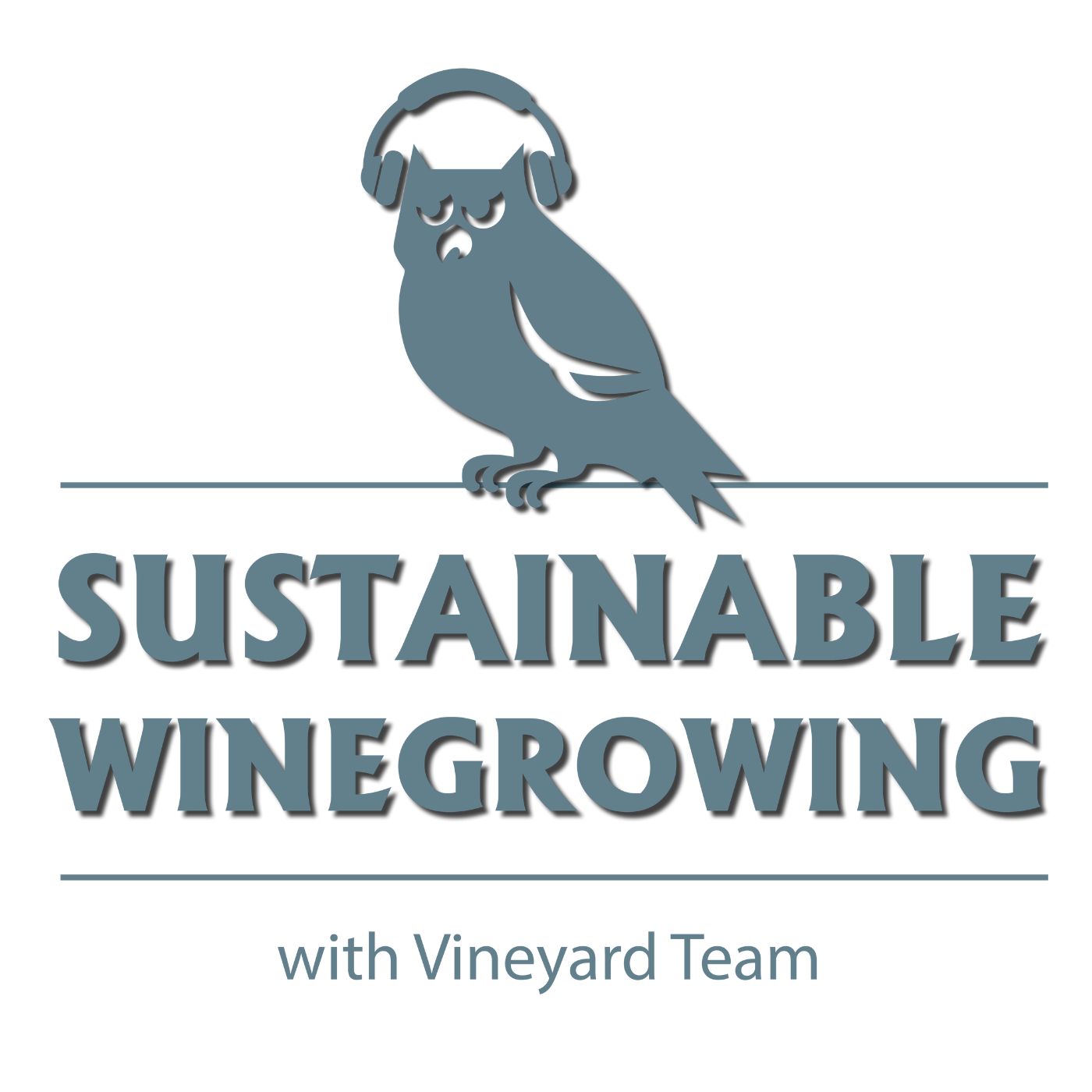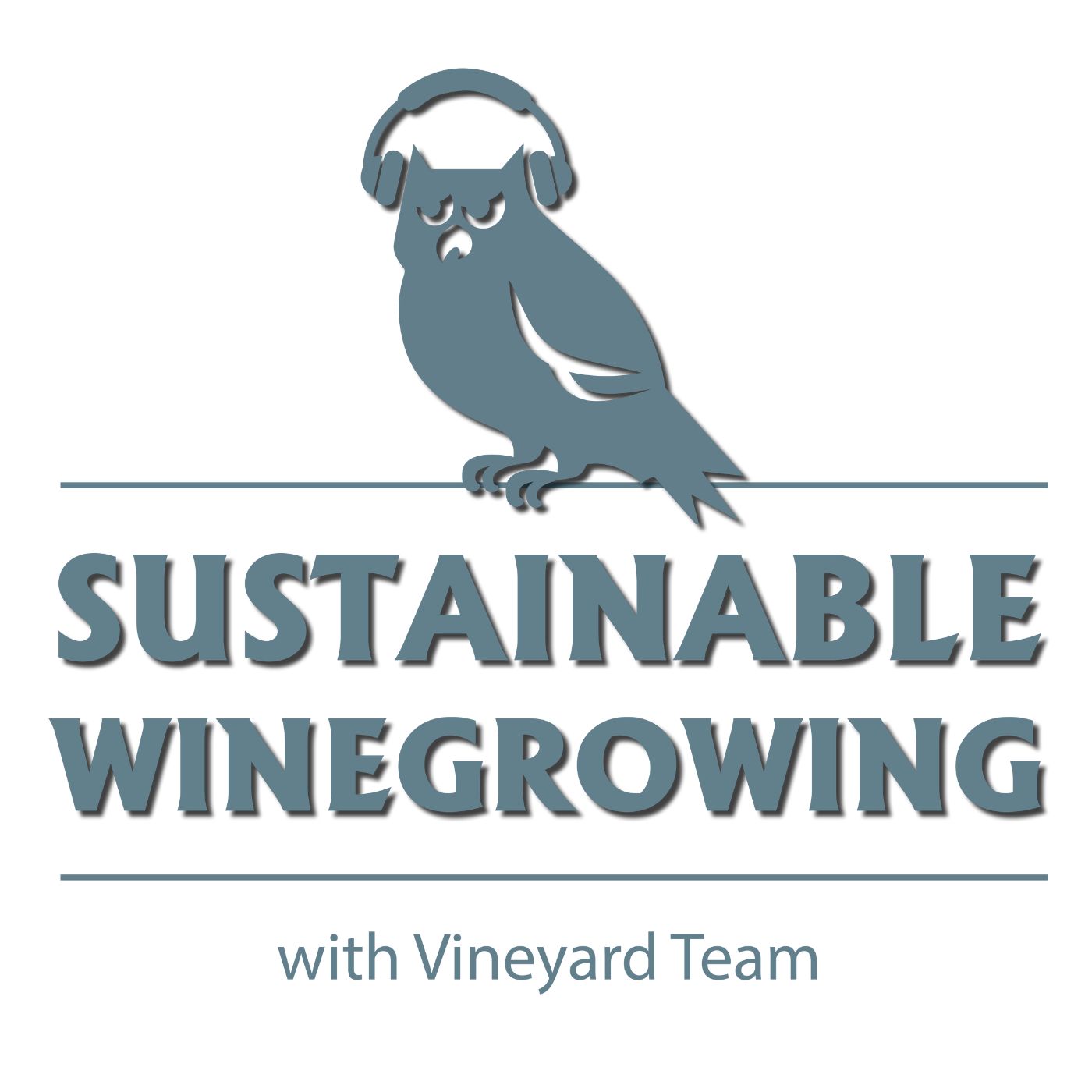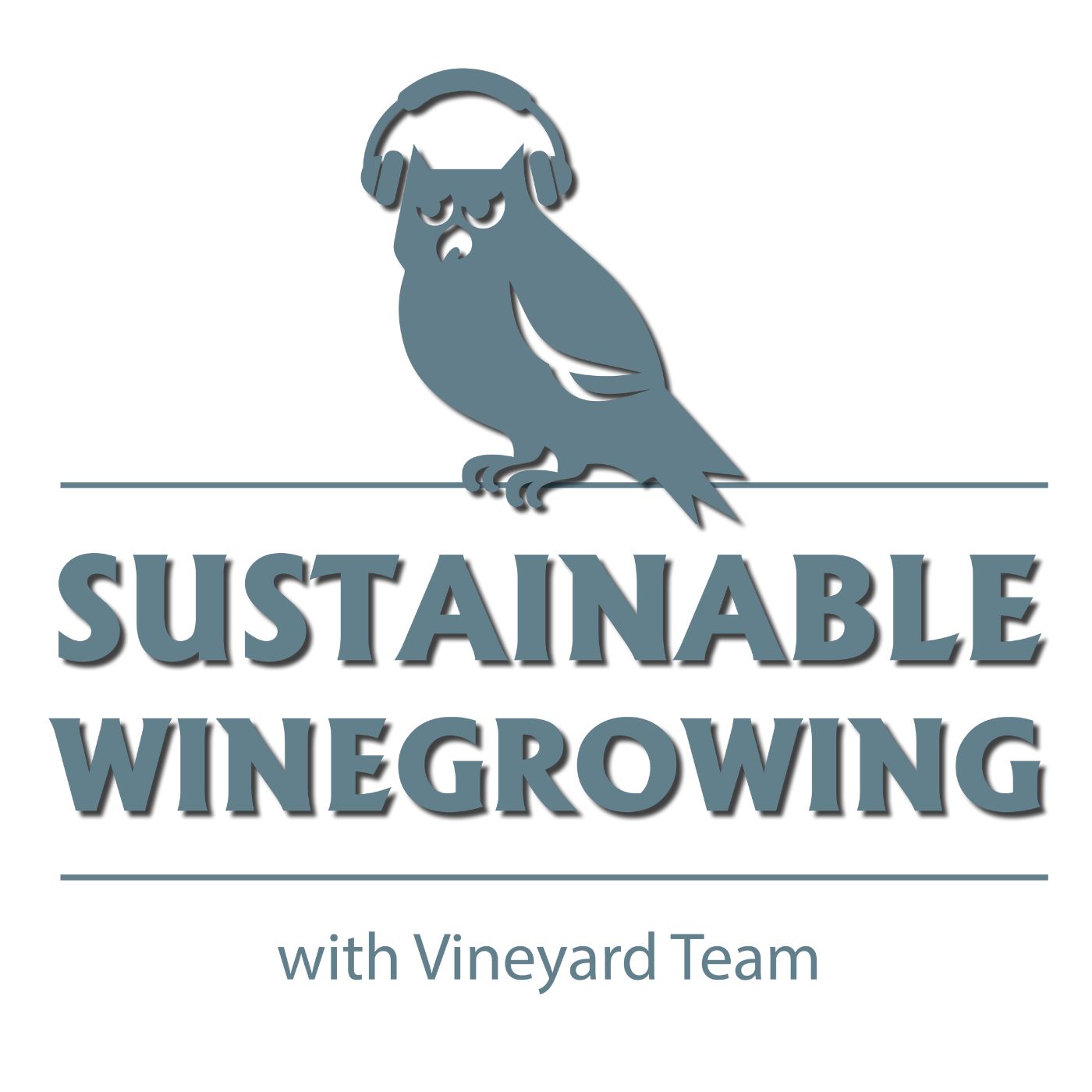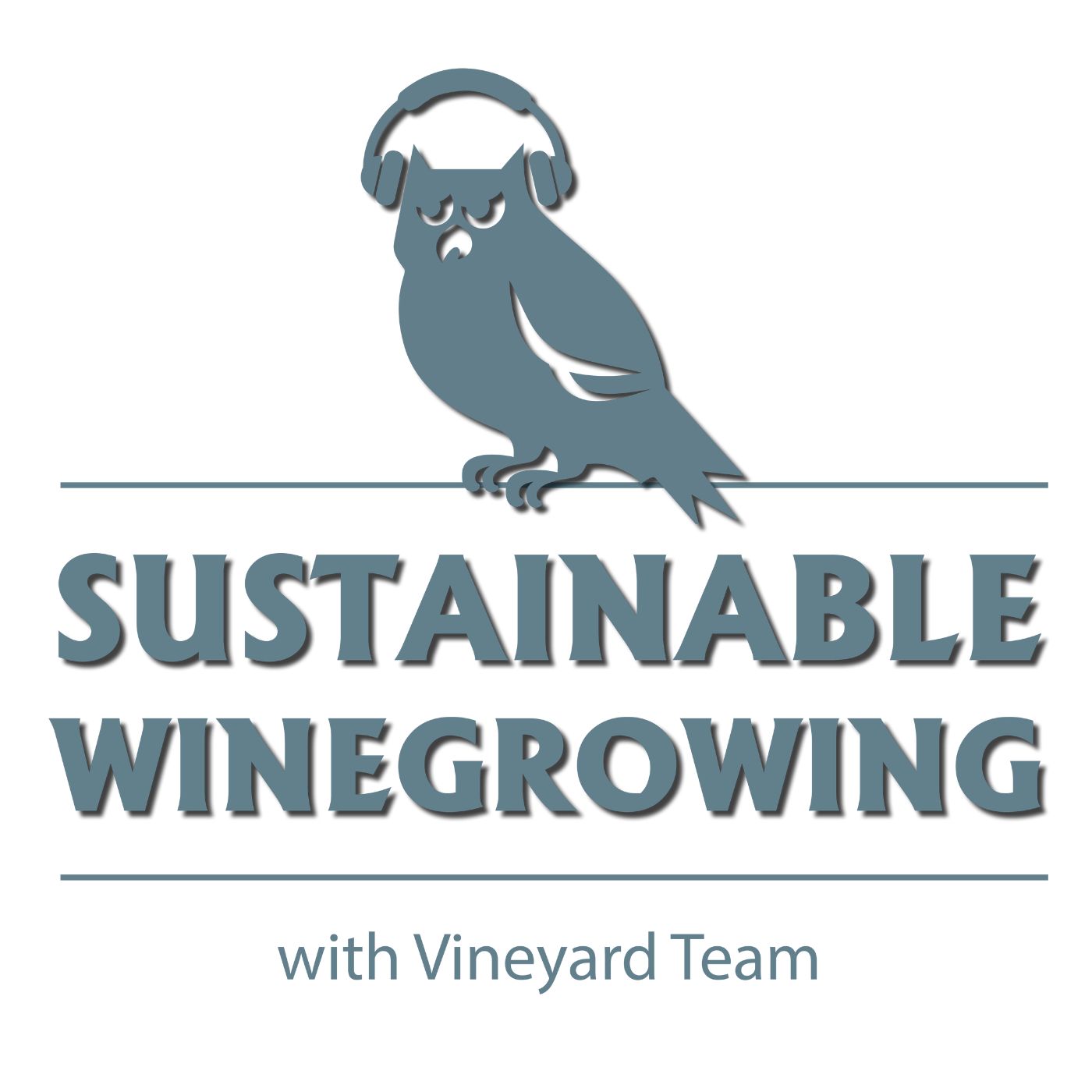253: Regenerative Agriculture: The Path the Climate Change Resilience?
Description
Want to practice regenerative agriculture? Daniel Rath, Agricultural Soil Carbon Scientist at Natural Resources Defense Council recommends that you start by asking what you want to regenerate. Beneficial practices including integrating livestock, crop rotations, cover cropping, minimizing tillage, increasing diversity, improving soil health, adding organic matter, and reducing external inputs will vary site to site.
A long-term study found that these practices improved above and below ground biodiversity, increased water storage and infiltration, bolstered resilience to climate change, increased carbon and organic matter storage, and, impressively improved human health.
Listen to the end to learn how soil metagenomics has the potential to not only tell us what is living in the soil but how the organisms interact.
Resources:
- 231: Stacking Regenerative Practices to Create a Healthy Vineyard
- Daniel Rath
- Daniel Rath on Google Scholar
- Daniel Rath on National Resources Defense Council (NRDC)
- Healthy Soils Playlist (podcast play list)
- NRDC Regenerative Agriculture 101 page
- Soil Biodiversity in California Agriculture
- What the Soil Can Teach Us | Daniel Rath | TEDxBelmopan
- Wine grape grower perceptions and attitudes about soil health
Vineyard Team Programs:
- Juan Nevarez Memorial Scholarship - Donate
- SIP Certified – Show your care for the people and planet
- Sustainable Ag Expo – The premiere winegrowing event of the year
- Sustainable Winegrowing On-Demand (Western SARE) – Learn at your own pace
- Vineyard Team – Become a Member
Get More
Subscribe wherever you listen so you never miss an episode on the latest science and research with the Sustainable Winegrowing Podcast. Since 1994, Vineyard Team has been your resource for workshops and field demonstrations, research, and events dedicated to the stewardship of our natural resources.
Learn more at www.vineyardteam.org.
Transcript
[00:00:00 ] Craig Macmillan: Our guest today is Daniel Rath. He is a soil scientist with the Natural Resources Defense Council. And today we're going to be talking about regenerative agriculture. Thanks for being on the podcast, Daniel.
[00:00:10 ] Daniel Rath: Thanks a lot, Craig. I'm excited to be here.
[00:00:13 ] Craig Macmillan: We've been trying to find folks to talk about regenerative agriculture because it's a real buzzword right now.
[00:00:18 ] And it's a buzzword in the vineyard industry, but it's not vineyard specific. This is applying to all sectors of agriculture and globally. This is a big concept now. So that's inspiring and drawing a lot of people, uh, in different directions. But I get different definitions of it. What regenerative agriculture?
[00:00:37 ] Daniel Rath: Well, first of all, I'll say it's not really surprising that you get a different definition depending on who you talk to because, you know, regenerative agriculture really hasn't been like very specifically defined yet the way I think about it. Part of the reason it's so hard to define is that it's really more of a philosophy and an approach to land management.
[00:00:59 ] And so, you know, it's taking into acknowledgement the fact that agricultural systems have this complexity. And instead of trying to reduce that complexity, we lean into it. We see what advantages we can get from it. It's a holistic approach. You know, it doesn't just necessarily focus on the environmental impacts, but what are the social impacts?
[00:01:18 ] What are the economic impacts of agricultural systems? Looking at things like local food systems and connecting farmers to consumers, but also how do we increase soil health? How do we reduce pests and diseases? It's funny. You should bring it up now. The state of California. Just finished a process in of defining regenerative agriculture for their legislative effort.
[00:01:40 ] Craig Macmillan: Oh
[00:01:41 ] Daniel Rath: Yeah, there's a draft definition out there have been numerous listening sessions The next one is on august 22nd, but I was part of that committee that tried to like Capture this sort of like ephemeral philosophy and like nail it down without hopefully killing it.
[00:01:57 ] Craig Macmillan: Uh, and to put a timestamp, the date of this interview is August of 2024.
[00:02:03 ] So this is new to that point. We'll see how that develops from here. Which is pretty cool, but no, I was not aware of that. That's pretty, pretty interesting. What are some of the specific practices somebody might use? So, philosophically, I'm in alignment. I want to build and protect my soil. I want to protect my community.
[00:02:20 ] I want to have healthier plants. What are some of the techniques that folks are using around the world to do this?
[00:02:26 ] Daniel Rath: Well, I will answer your question with a saying that my PhD advisor used to tell me every time I walked into her office, which was that, you know, what is your goal? What is the question that you're trying to ask, right?
[00:02:37 ] Part of the reason that regenerative agriculture does not have one set definition is that it's going to look very different. different depending on where you are. A regenerative agricultural system in a place that is facing a lot of restrictions on water, low soil organic matter, the practices you use there are going to look very different than say if you have regenerative agriculture in a place that has regular rainfall, has a lot of soil organic matter, very active soils.
[00:03:02 ] I would say that some of the most commonly mentioned practices are things like integrating livestock into perennial systems, cover crops, crop rotation, increasing the diversity on farm systems, reducing tillage, basically all of these practices that increase soil health, because really increasing soil health is at the the core of what it means to sort of regenerate a plot of land.
[00:03:29 ] But if you're talking about specific practices, you kind of have to think like, well, what am I trying to regenerate? What are the goals that I want to get out of it? One other interesting topic is the idea of reducing external inputs, not eliminating them entirely, but reducing dependence on things like fertilizers and pesticides, seeing how a that can result in cost savings for farmers, but also Relying on the natural complexity of the system to provide those benefits.
[00:03:58 ] Craig Macmillan: Yeah, that's always been one of the tenants of susta
























